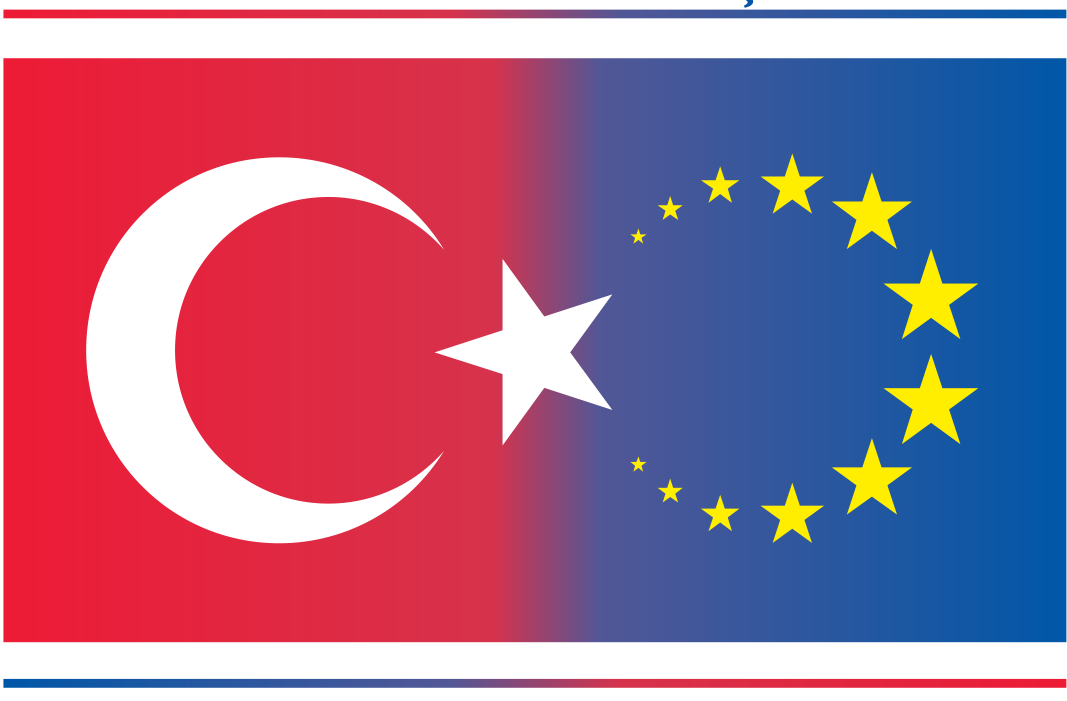Short of any solid Western bond, the government of Ukraine has taken steps to hasten the country’s membership to the European Union. On Monday, February 28th, the President of Ukraine signed a decree asking the bloc to allow Ukraine’s immediate accession via an ad hoc procedure.
Indeed, signals on both sides have gathered momentum since the first days of the Russian invasion attempt. All three major EU institutions, the Council, the Parliament, and the Commission have declared through their highest officials their willingness and the urgent need to anchor Ukraine to the main European intergovernmental structure. Moreover, the EU’s “frontline States”; Bulgaria, Croatia, Czechia, Estonia, Hungary, Latvia, Lithuania, Poland, Romania, Slovakia and Slovenia, have called to their Western pars to consider the matter urgently.
Owing to two existing agreements signed in 2014 and 2016 between the EU and Ukraine, the 27-member bloc would most probably discuss the matter during the forthcoming informal European Council meeting in Versailles on the 11th and 12th of March where they would decide to take a final decision at the regular summit that will take place at the end of March. The optimal formula would be to grant Ukraine the candidate for membership status and start the compulsory pre-accession process. However, even that formula would soothe the spirits as long as the membership of the EU remains the only credible and feasible guarantee of security for Ukraine in the future.
Along these lines, another declaration went unnoticed, this one from the Turkish President Erdogan who referred to the Ukrainian President’s move and to the response of the EU for Ukraine’s membership bid. He bitterly complained about the Western double-standards vis-à-vis Turkey and repeated his well-known arguments and recriminations against the EU countries and their attitude towards Turkey. He went on to ask “do you need Turkey to be attacked like Ukraine to accept it as an EU member? As though Turkey was facing a threat of being attacked and invaded by a country in the world…
Of course, the attitude of particularly Western European members of the EU towards Turkey’s membership prospects has its share in the fiasco of Turkey’s European future. Nevertheless, the lion’s share remains with the Ankara regime.
Erdogan’s sheer opportunistic approach will bear no consequences at the EU level. Turkey’s EU membership, as I explained in a previous paper for Maple Institute, is de facto dead and buried. Although the country is still tallied as a candidate country, it has almost completely disappeared as “candidate” from relevant Council and Commission documents.
The fact that now, with the Ukraine War, it has been trying to go back to its old Western alliances, doesn’t mean that the EU will accept the Ankara regime with open arms as the trust between Turkey and the West has been seriously impaired over the last ten years or so. Turkey, through its government-induced domestic violence at home, its pro-Russian strategic choices, and its overtly bellicose attitude in the neighborhood, is now considered as another destabilizing factor in the vicinity of Europe as clearly uttered in the yearly European Parliament report on Common Security and Defense Policy.
In 2018, the EU countries have already taken a binding decision to keep Turkey at arms’ length through the EU Council conclusions of June 26th, 2018, two days after the presidential election which completed the regime change towards an autocracy. The conclusion reads: “The Council notes that Turkey has been moving further away from the European Union. Turkey’s accession negotiations have therefore effectively come to a standstill and no further chapters can be considered for opening or closing and no further work towards the modernization of the EU-Turkey Customs Union is foreseen”. This state of affairs won’t change because Erdogan is unhappy with what he calls a European double standard between Ukraine and Turkey.
The recent Turkish hesitation between the West and Russia regarding the Ukraine War has unveiled the limits of Ankara’s unsustainable balancing act. However, Erdogan’s recent pro-West declarations has also triggered some equally unsustainable hopes at home where observers pointed at a “new era of relations with the EU”. These and other EU hopefuls miss a key point: Ankara’s modus operandi contradicts European and Western norms, standards, values, and principles which are just obstacles to the “smooth” functioning of the Ankara regime. In other words, if the Ankara regime were to apply these norms, standards, values, and principles, it would simply collapse!

